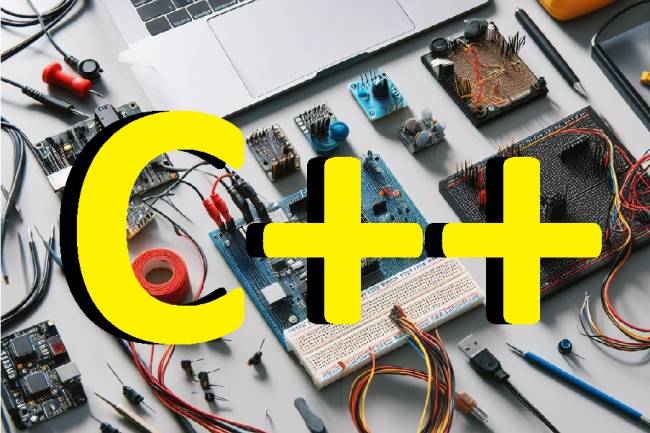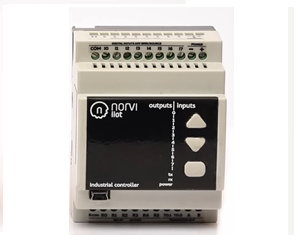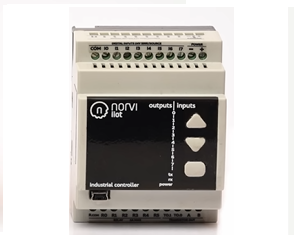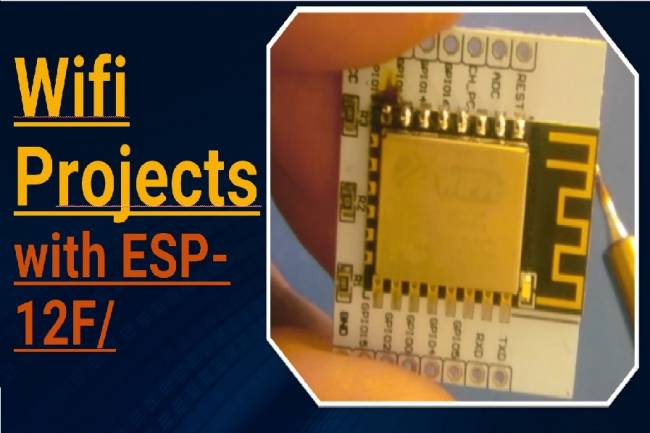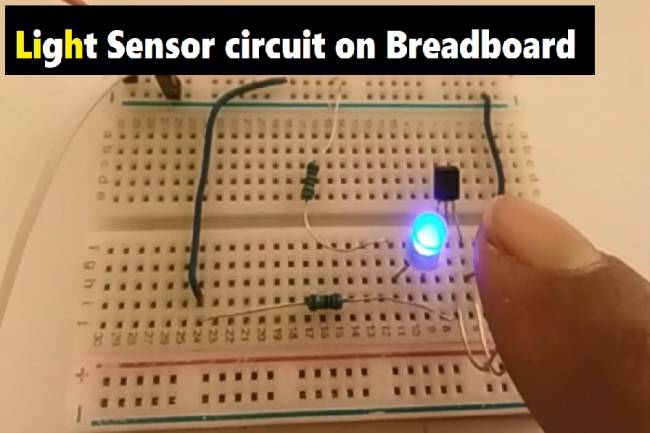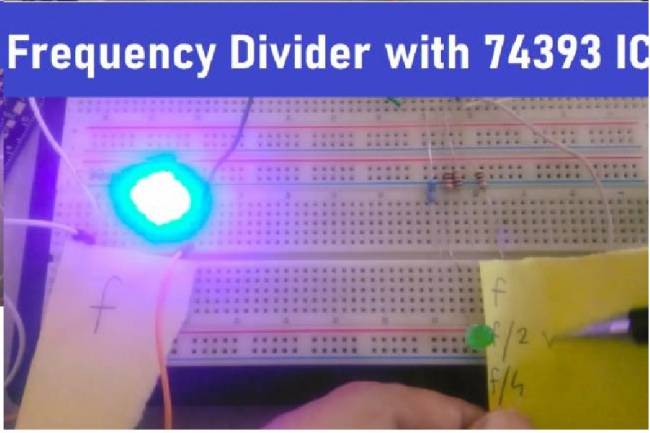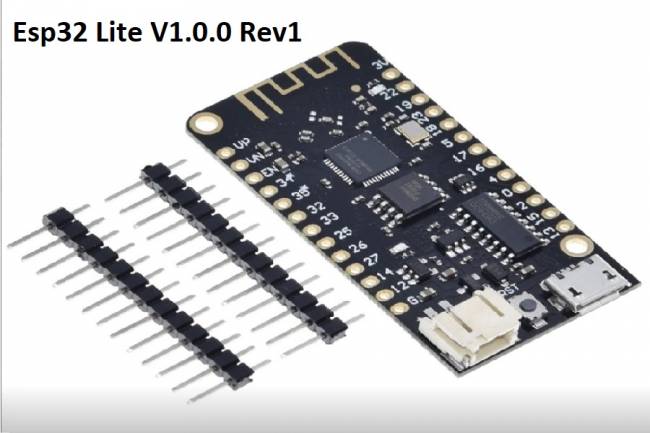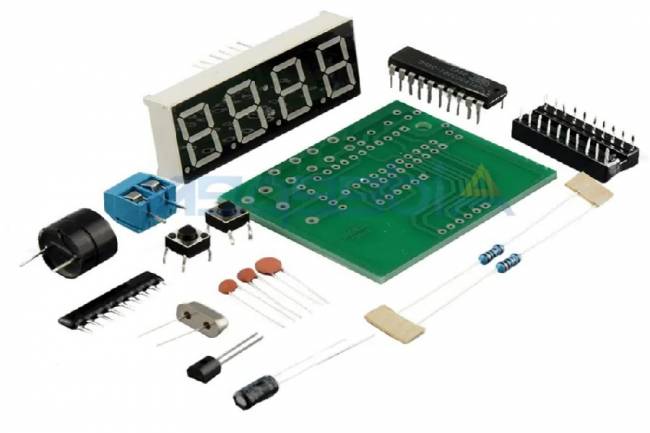
Guide to Learning Robot Programming
Robot programming learning and resources
Learning robot programming has become a very important skill in today's technology-driven world. In this article, we will provide a step-by-step roadmap for those who want to learn robot programming. We will also provide information about some resources and training sets that will facilitate your learning process.
1. Get the Basics:
Before starting robot programming, it is important to gain basic programming knowledge. Having knowledge of programming languages such as C, C++, Python will give you a great advantage.
2. Learn Electronic Basics:
Understanding electronic basics will help you when building and programming your robots. You should learn topics such as basic circuit design and the use of electronic components.
3. Explore Robotics Concepts:
You should have knowledge about the basic working principles of robots. It is important to examine issues such as kinematics, sensors, motor control.
4. Learn Robot Programming Languages:
There are special programming languages for robots. For example, many robotic platforms such as ROS (Robot Operating System) integrate with languages such as Python and C++. Learning these languages will provide you great convenience when programming your robots.
5. Study Advanced Topics:
You may want to learn more advanced topics in the field of robotics. These topics include topics such as artificial intelligence, deep learning, and autonomous navigation.
6. Practice with Robots:
Practice is very important to speed up your learning process. You can build your own robots or use existing robot platforms.
7. Training and Resources:
There are many free and paid resources for learning robot programming. Here are some suggestions:
There are robotics courses on online platforms such as Coursera, Udacity, edX.
You can access ROS-related training and documents on the ROS official website.
There is extensive community and resource support for platforms such as Arduino and Raspberry Pi.
8. Follow Communities and Forums:
Joining the robot programming community is a great way to ask your questions and share your experiences. Platforms such as ROS Answers and Robotic Stack Exchange can be used for this purpose.




